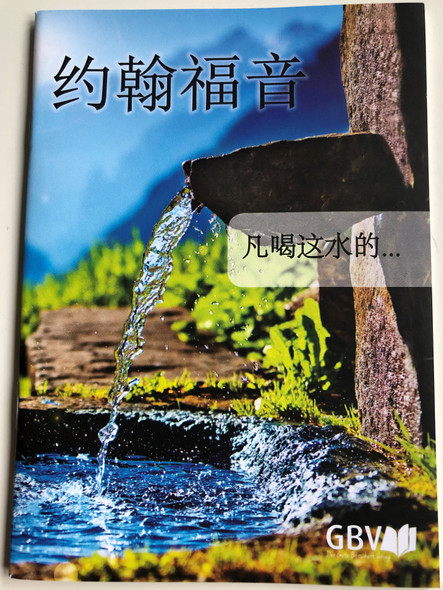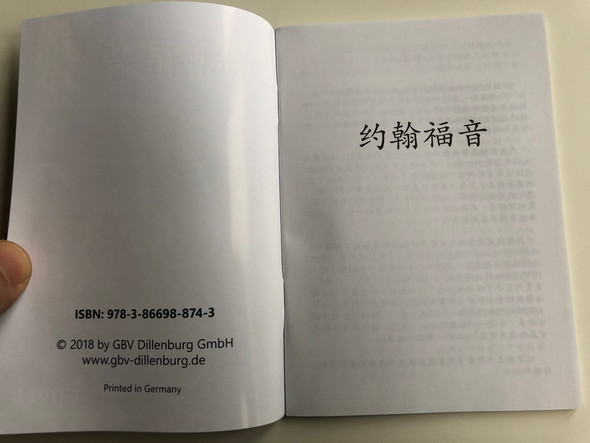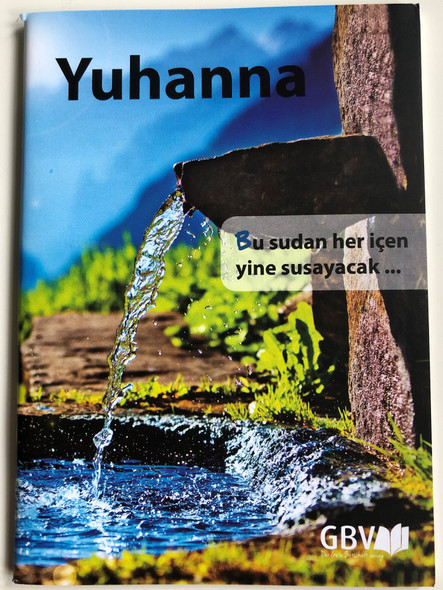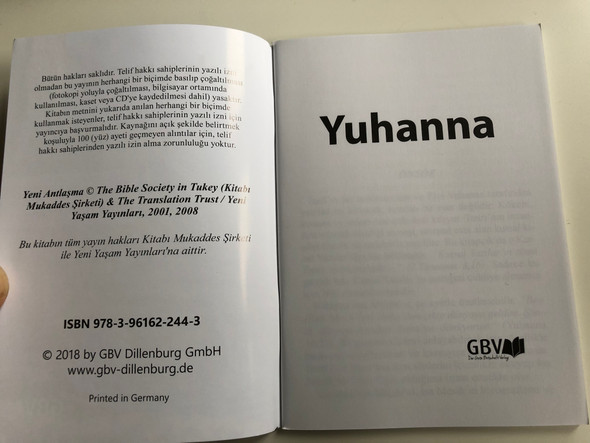Description
Иоанн Çырнă Таса Евангели / The Gospel of John in Mongolian - Cyrillic script / Paperback Gute Botschaft Verlag / GBV
Paperback
PAGES: 84
PUBLISHER: Gute Botschaft Verlag
LANGUAGE: Mongolian
English Description:
Mongolian is the official language of Mongolia and both the most widely spoken and best-known member of the Mongolic language family. The number of speakers across all its dialects may be 5.2 million, including the vast majority of the residents of Mongolia and many of the ethnic Mongol residents of the Inner Mongolia Autonomous Region of the People's Republic of China.In Mongolia, the Khalkha dialect, currently written in both Cyrillic and traditional Mongolian script (and at times in Latin for social networking), is predominant, while in Inner Mongolia, the language is dialectally more diverse and is written in the traditional Mongolian script.
In the discussion of grammar to follow, the variety of Mongolian treated is Standard Khalkha Mongolian (i.e., the standard written language as formalized in the writing conventions and in grammar as taught in schools), but much of what is to be said is also valid for vernacular (spoken) Khalkha and for other Mongolian dialects, especially Chakhar.
The Mongolian Cyrillic alphabet (Mongolian: Монгол Кирилл үсэг, Mongol Kirill üseg or Кирилл цагаан толгой, Kirill cagaan tolgoi) is the writing system used for the standard dialect of the Mongolian language in the modern state of Mongolia. It has a largely phonemic orthography, meaning that there is a fair degree of consistency in the representation of individual sounds. Cyrillic has not been adopted as the writing system in the Inner Mongolia region of China, which continues to use the traditional Mongolian script.
John 3:16-18 in Mongolian
(16) Тĕнчене питĕ юратнăран Турă Хăйĕн пĕртен-пĕр Тăван Ывăлне панă. Çакна Вăл ĕненекенĕсем пĕри те ан пĕтчĕр тесе, ĕмĕрлĕх пурăнăçлă пулччăр тесе тунă.
(17) Хăйĕн Ывăлне Турă çак тĕнчене суд тума яман, Ун урлă тĕнче çăлăнтăр тесе янă.
(18) Турă Ывăлне ĕненекен айăплă пулмĕ. Ăна ĕненменни вара Туррăн пĕртен-пĕр Тăван Ывăлне ĕненменрен айăпа юлнă та ĕнтĕ.











































